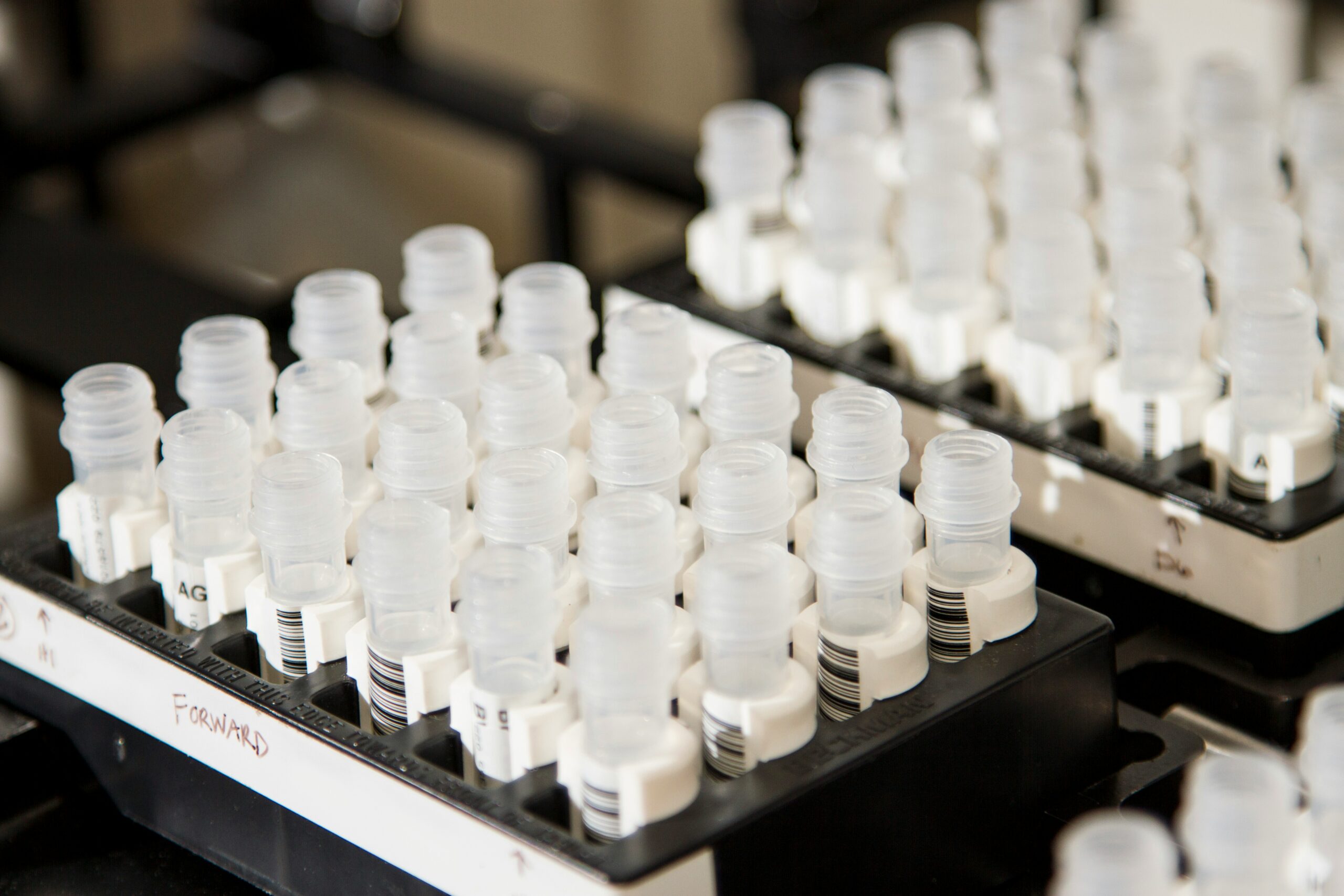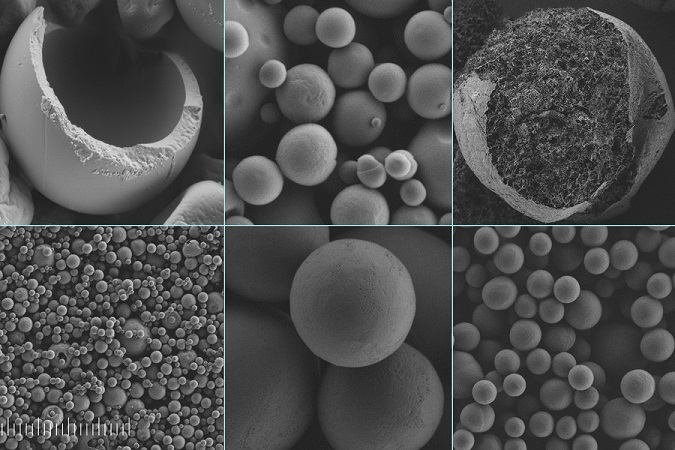Remote Labs in RIALHE
Exome Sequencing
Exome sequencing
Learning objective: Learn the main steps of an exome sequencing protocol.
Research activity: Molecular diagnosis of monogenic diseases is certainly the most accurate way for patient diagnosis and prognosis. DNA sequencing is the process of determining the nucleic acid sequence of a DNA fragment. Through sequencing, it is possible to map the genome, i.e. the organism’s complete set of genetic instructions. However, the gene that causes the disease is not always known. With the development of Next Generation Sequencing technologies, “NGS”, exome sequencing protocols were developed. They are based on investigating the exome, which constitutes approximately 1% of the human genome but harbors 85% of the mutations with large effects on disease-related traits.
Live session day and time: On-demand
Language: Italian/English
Instructor: Jessica Milina
Lab Researcher: Roberto Cusano, Jessica Milia
Target group: Master students level


Metagenomics based enzyme discovery
Learning objective: The course aims to give a thorough introduction to molecular microbiology
Live session day and time: Coming soon……
Language: English
Instructor: Runar Stokke
Lab Researcher: Runar Stokke
Target group: Master students level
Unmanned Aerial Vehicles
Learning objective: To advance UAV capabilities for autonomous operation in complex environments, both independently and in collaboration with humans and other robots
Research activity: The SyRI team at Heudiasyc focuses on developing embedded systems for UAVs to enhance their autonomous operation in complex environments. Their research includes creating advanced navigation algorithms, improving human-UAV interaction, and developing methods for efficient multi-UAV coordination.
Live session day and time:
Language: English
Instructor: CASTILLO-GARCIA Pedro
Lab Researcher: CASTILLO-GARCIA Pedro
Target group:


Methods of preparative chemistry and extraction of the lipid fraction from biological tissues and food.
Learning objective: The student is presented with a realistic scenario in which they must address analytical challenges based on an unknown sample. Some concepts related to the quality of lipids in a food product are also introduced.
Short details about the lab: The key steps of preparative chemistry will be demonstrated, including liquid nitrogen pulverization, weighing on a cold analytical balance, and the storage of the powdered sample.
Research activity: Every analytical sample must be generated from a real system. The first crucial step in sample preparation for analysis is the sampling itself, which must be performed to obtain the most representative profile possible of the starting system. Subsequently, the preparative process must ensure the absence of alterations during pre-analysis storage, the extraction of molecular components of interest, and the analysis itself. The fundamental concepts underlying sample sampling and selection will be explained during experimental activities. The key steps of preparative chemistry will be demonstrated, including liquid nitrogen pulverization, weighing on a cold analytical balance, and the storage of the powdered sample. The phases of solvent extraction will be covered using widely employed methods such as Folch and Bligh and Dyer, along with the chemical-physical principles upon which they are based (ternary diagrams). Finally, a quantification of the total fat in the sample will be carried out, and an explanation will be provided on how it is prepared for nuclear magnetic resonance and gas chromatography analysis (rudiments).
Live session day and time:On-demand
Language: English/Italian
Instructor:Roberto Anedda
Lab Researcher: Roberto Anedda, Angela Braca
Target group: Master students level
Experiment keywords: Total lipids,Dietary fats,Food analysis, lipid extraction,Fatty acids,Triglycerides,Phospholipids,Preparative chemistry
Microcapsule
Short details about the lab: Biomechanics and Bioengineering lab, Biological Fluid Structure Interactions (BFSI) research team. Study of simple capsules, consisting of a liquid drop surrounded by a thin membrane. They have different mechanical properties depending on the physicochemical composition and the method of generation of their wall. Study of their behaviour in free suspension in a shear flow or circulating in a narrow duct such as a microfluidic pore or a capillary vessel.
Learning objective: main stages of research in the field of simple capsules and set up a specific experiment
Research activity: Find different techniques for generating microcapsules with different properties. Study the influence of manufacturing parameters such as emulsion, interfacial crosslinking, choice of proteins, on the size, shape, and mechanical properties of the capsules.
Live session day and time: N/A
Language: English/ French
Instructor: Rachid Jellali
Lab Researcher: Pr. Anne Virginie Salsac
Target group: Master student level, Engineering school

